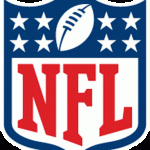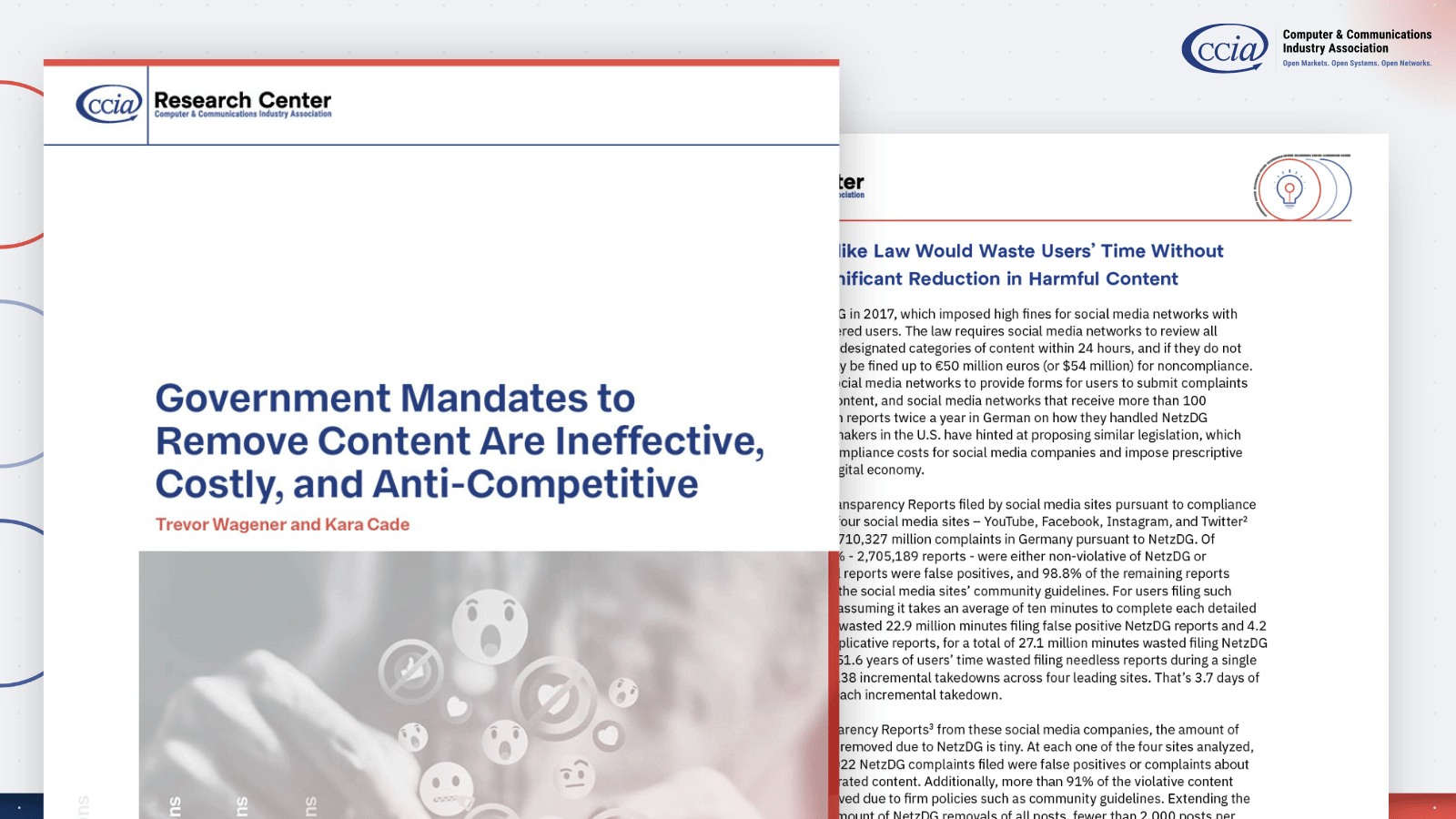NFL, Social Media and Replacement Referees: Democratizing Outrage
The Packers got screwed. The refs suck. That is the number one news story yesterday– ahead of another Romney gaffe and Obama’s speech to the U.N. It’s in the lead position at cnn.com, not just espn.com.
So why I am I writing this on a website about disruption, in my inaugural post no less? Is it my undying love of the NFL and football? Partially – I will steal any chance I can get to weave football into a post, as like many writers out there, sports journalism was how I got my start. But that is not why I am highlighting this. It is amazing to take this simple sports story and look at how the Internet has completely changed the way we share information about it.
Let’s start with the fact that we have all had the chance to see the film and view the pictures without tuning into ESPN or the nightly local news. My gut tells me more people have watched the video online than watched the game live or highlights on television. And if you haven’t seen it yet – here you go. (I tried to embed the video but the NFL and ESPN do not allow other sites to embed their videos.)
Second, the Internet has allowed for still shots of the final reception to make their way around the globe into the hands of fans to fuel their anger. Previously, they would have taken up valuable and precious newspaper space or appeared a week later in an issue of Sports Illustrated. Now, we can all view them online within hours of the game ending and share them around the globe simply by clicking on a link, posting them on Facebook, tweeting them, or the luddite way – hitting send on an email.
What the Internet had done, in a way that was simply not possible in the days of talk radio, television and the newspaper as our means of consuming information, is fueled a real-time mass distribution of content at a level that is gasoline to the NFL’s fire on an atrocious call (not to mention gamblers, as an estimated $150 million was at stake on that call at the end of the game and one site even felt compelled to give a credit to gamblers that bet on the Packers). The Internet had fundamentally changed the way we react to a controversy.
And it is not just in how we receive and consume the information, but also in how we respond to it. The NFL has been besieged by a barrage of negative tweets on the call. One Packers player, who by the time this is published will likely be fined for his actions, sent out a profanity laden tweet criticizing the refs that has been retweeted over 150,000 times. In the aftermath of the game, there were 56,000 tweets per minute per minute on the controversy and over 1.9 million tweets about the game. By 9:30 am, less than 12 hours after the game ended, we had an article already rating the best tweets about the game.
What all this has done is caused the outrage to be proven accurate, magnified and have an outlet all in the space of 24 hours after the game ended. Fans have had an outlet to voice their displeasure far superior to talk radio, and have been able to show a national scale to the anger that has to be turning heads at NFL headquarters in New York. For those of us who have worked with companies on their brands and marketing, the two-way conversation that the Internet has enabled between brand and company has completely changed the game. You have to be responsive to your consumers, especially since they have a megaphone millions can see with just one bad tweet, let alone the over a million that have occurred in less than 24 hours for the NFL. In less than a day the NFL’s brand has been damaged in a way that traditional PR responses — more easily used against traditional one-to-many broadcast outlets — could not paper over. In many ways, social media helped democratize the outrage in a way that will hopefully make the NFL truly responsive to the desires of the fans.










